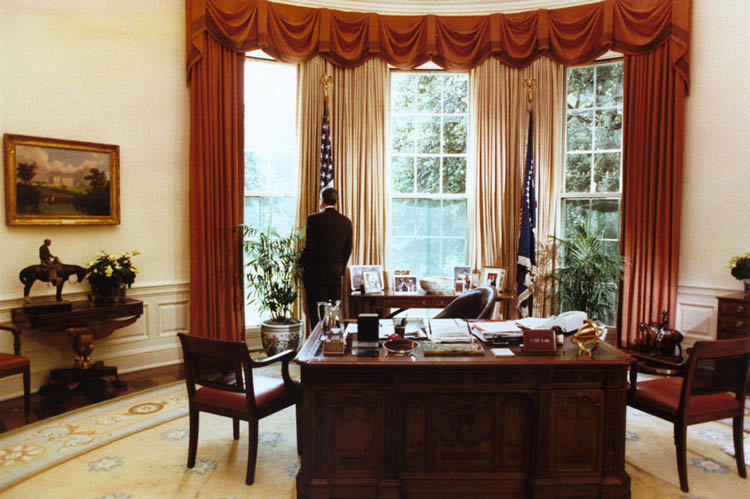
Published October 12, 2021
Republicans debating what they should stand for often invoke Ronald Reagan as the ideal standard-bearer for the party. It’s a shame, then, that so many of them misunderstand the man.
Reagan’s legacy is often articulated as a simple, policy-focused creed. Former Wisconsin governor Scott Walker immediately summarized that creed during a recent interview: “limited government, low taxes, strong national defense.” But Walker — who now heads the Young America’s Foundation, which owns the Reagan Ranch and the president’s boyhood home — also noted that these are timeless principles rather than ironclad prescriptions.
Many self-proclaimed Reaganites wrongly see otherwise. Their uncompromising agenda includes never raising taxes, foreign interventionism and a commitment to shrinking government spending, especially on popular entitlements such as Social Security and Medicare. This rigid approach has rightly been criticized as “zombie Reaganism” and is the central point from which much of the intra-GOP policy debate takes its cues. Republicans who seriously engage in these debates increasingly seek to define themselves as either for or against this unholy trinity.
Click here to read the rest of this piece at the Washington Post‘s website.
Henry Olsen is a Washington Post columnist and a senior fellow at the Ethics and Public Policy Center.
Henry Olsen, a senior fellow at the Ethics and Public Policy Center, studies and provides commentary on American politics. His work focuses on how America’s political order is being upended by populist challenges, from the left and the right. He also studies populism’s impact in other democracies in the developed world.








